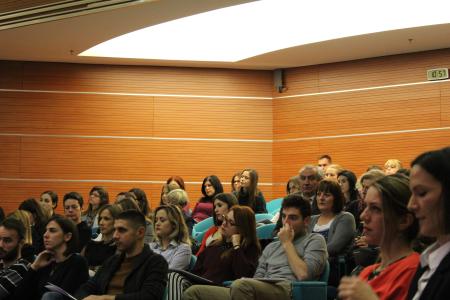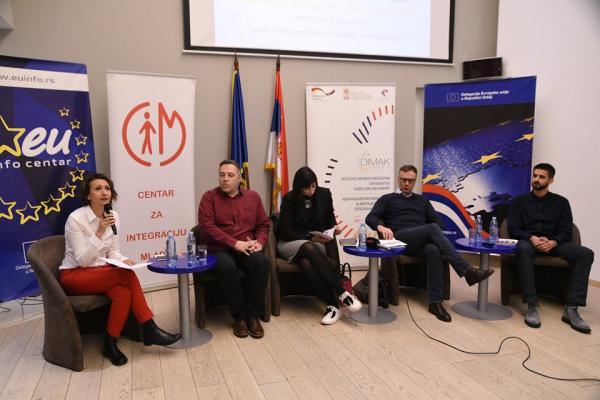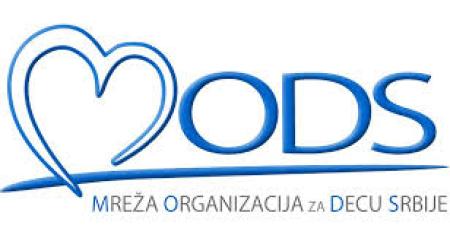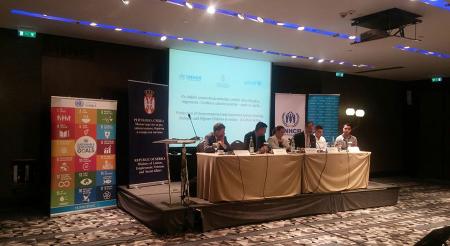
In a small, brightly-coloured backstreet house in Belgrade, Serbia, Roadhouse Svratiste has a nationwide network of social care for daily drop-in canter for street kids centers and institutions for the underprivileged.
Coordinator Mina Lukic said : "The health crisis has made Belgrade's poor even poorer as it takes a toll on the Balkan country's struggling economy."
From an early age, the children sent out in the streets to beg, collect scrap materials or look for other ways to find food or money and live in extreme poverty. They often face abuse and very few ever go to school. Prices of plastic and other scrap material that the children and their families collect to sell have dropped dramatically in the past months (since the pandemic), shrinking already not enough earnings.
Svratiste’s team of 13 social workers, psychologists and other experts have welcomed more than 1,400 children over the years. The kids that take this service are all aged 5 to 15, pre-school or primary school children. Funded by donors and people who regularly bring in clothes and other aid, the group recently set up another centre in a new part of town. Apart from providing food and clothes, the Svratiste team has also sought to help the children socialize and get to know there needs.
The activists stayed in touch with the children and their families, who returned when the lockdown was lifted in May. A key effort has been to include them in the education system and make sure they stay. During the pandemic, the centre helped with online classes that most children have been to include in the education system and make sure they stay.


















